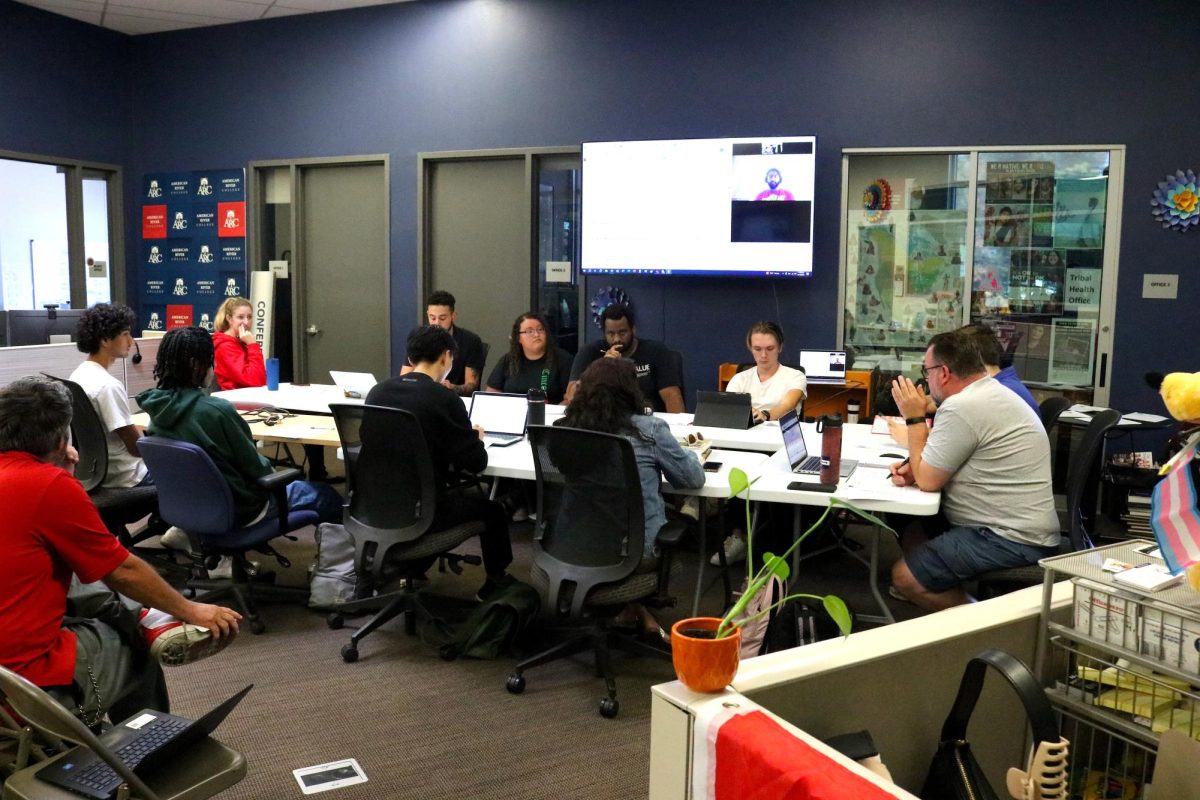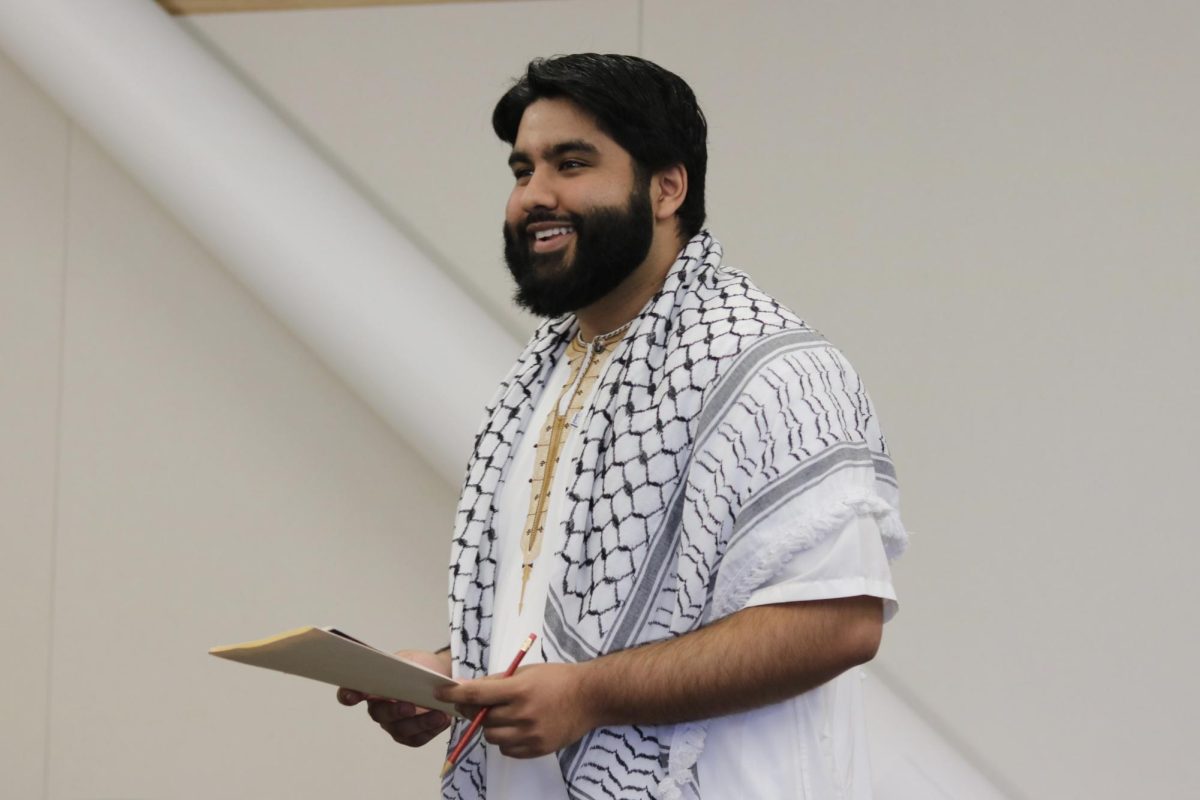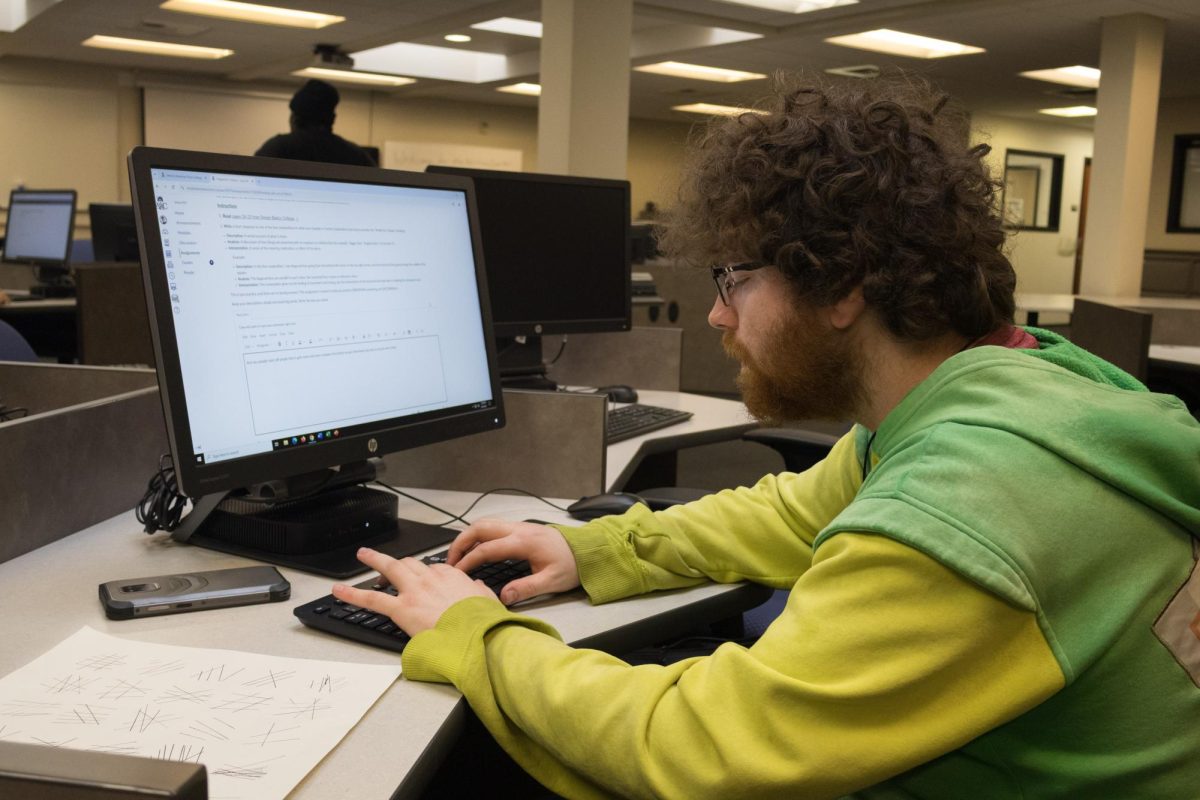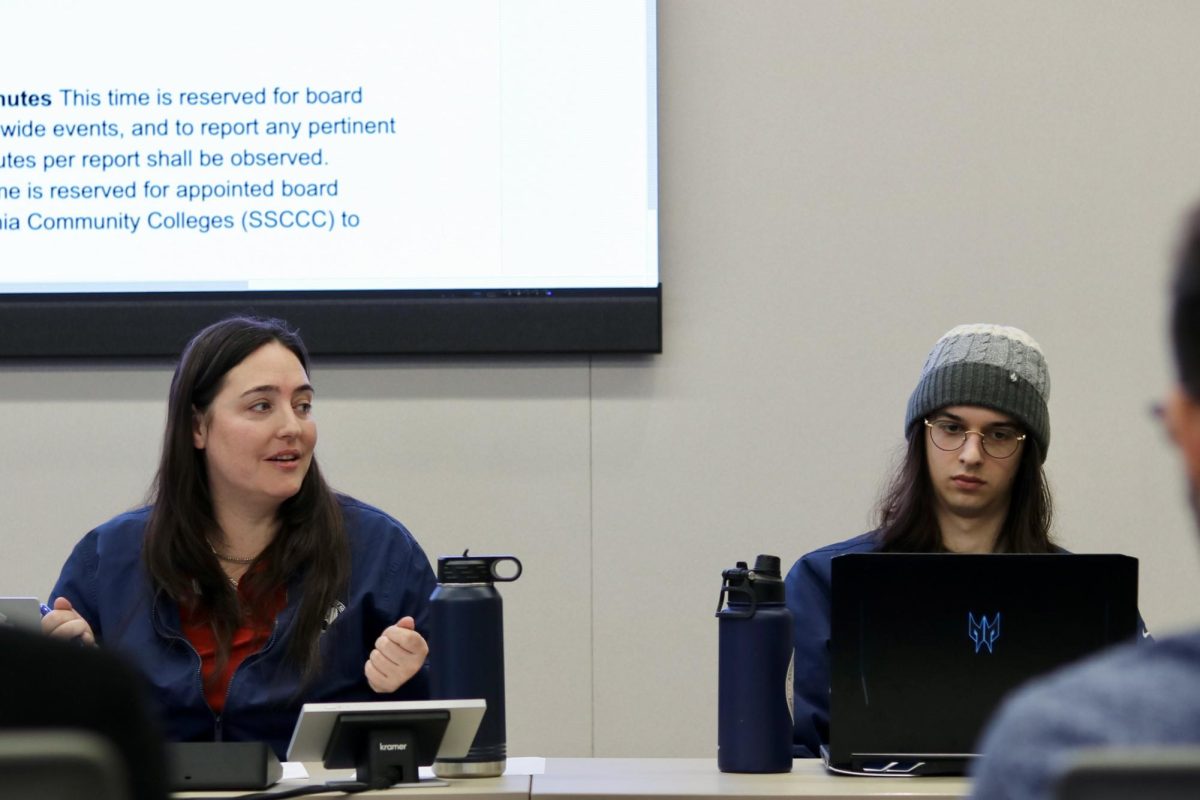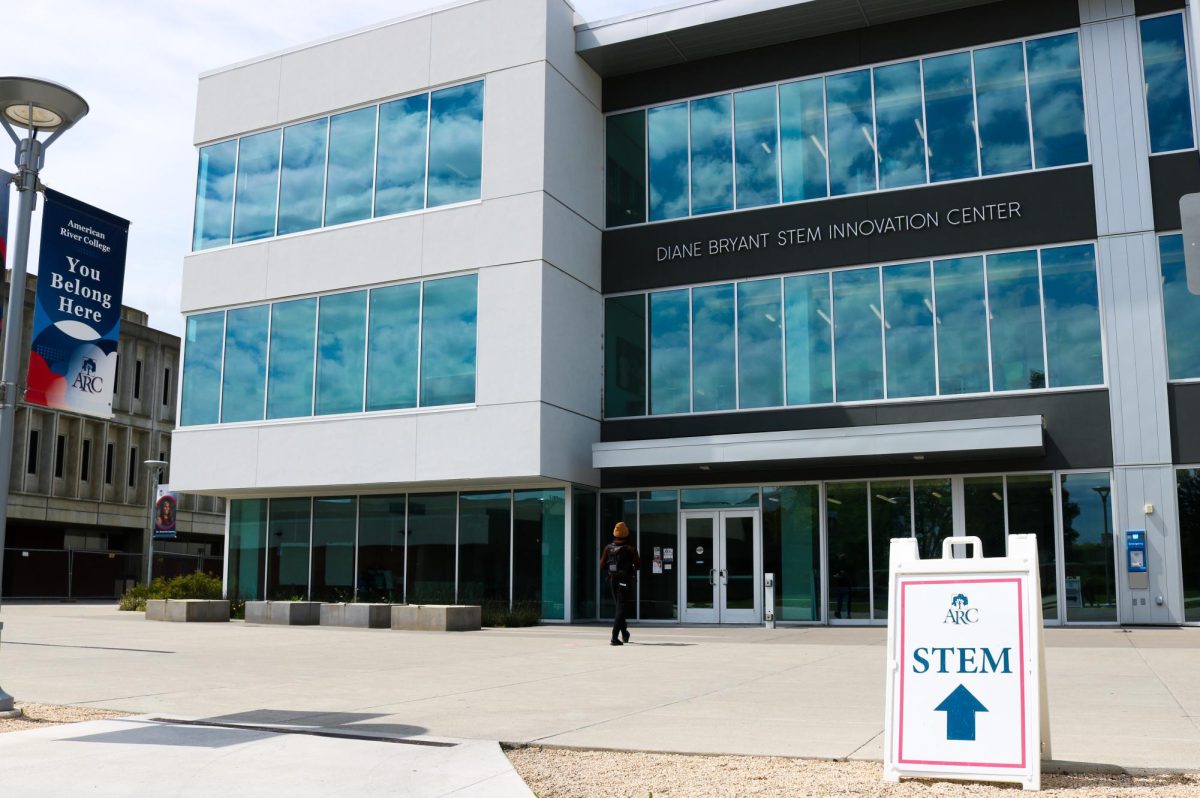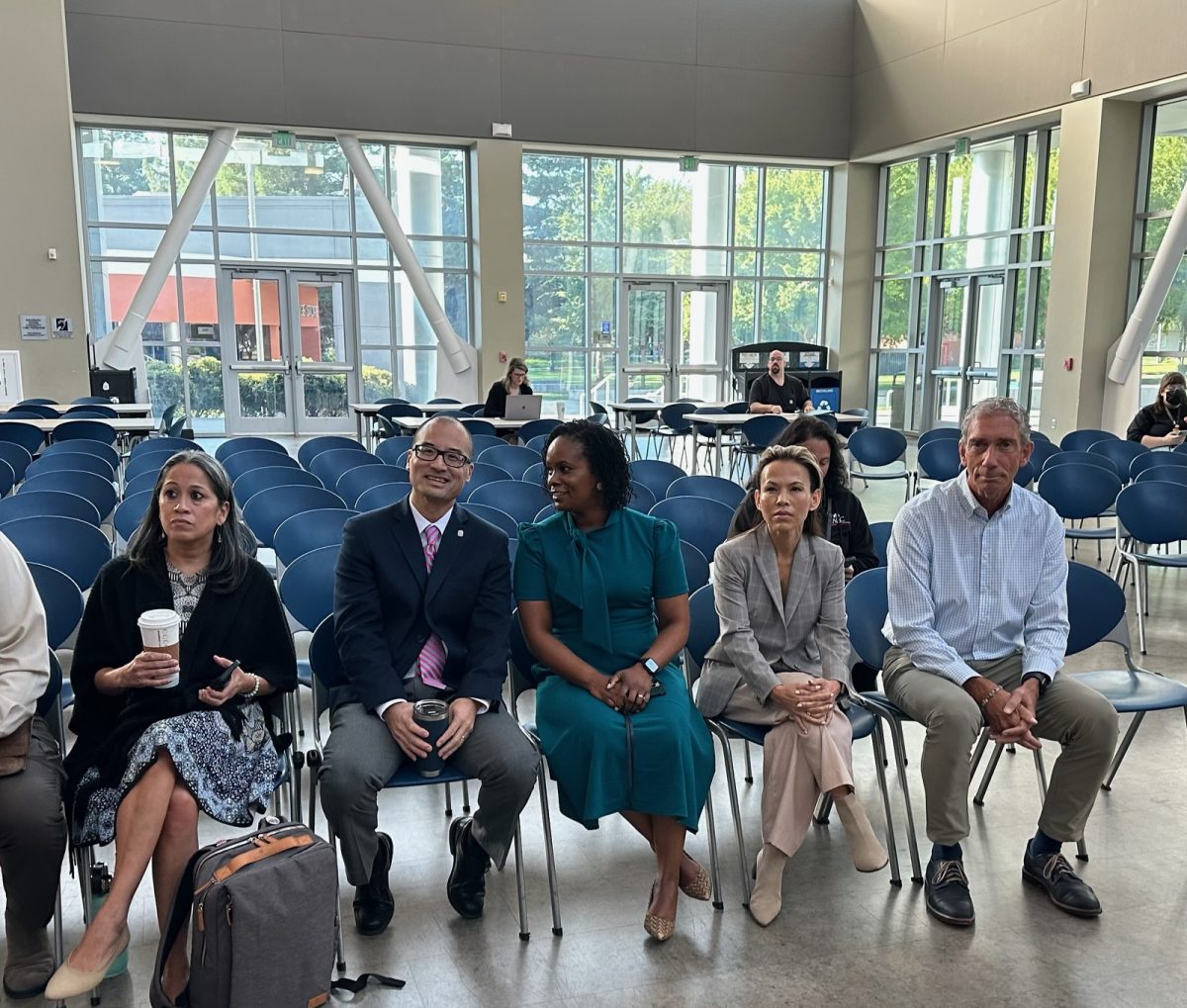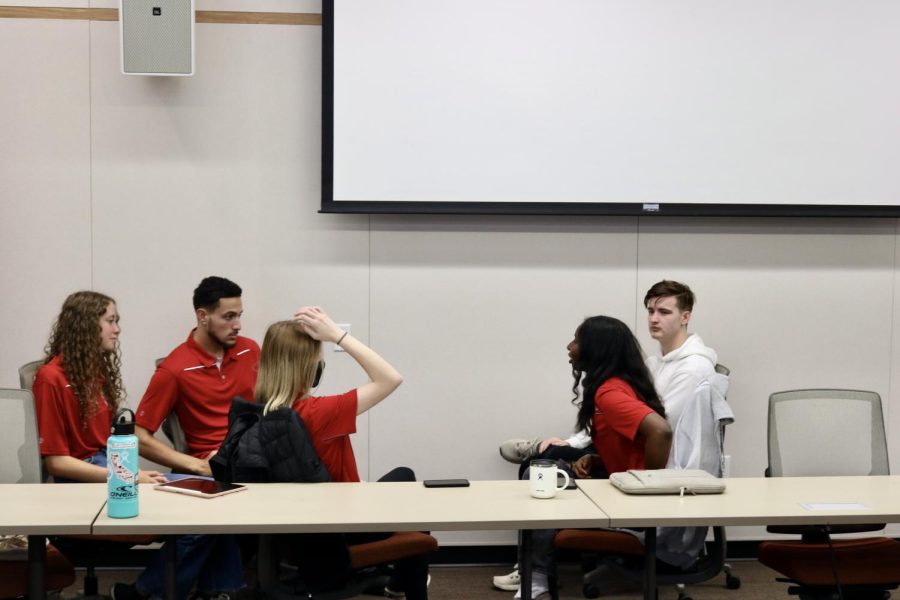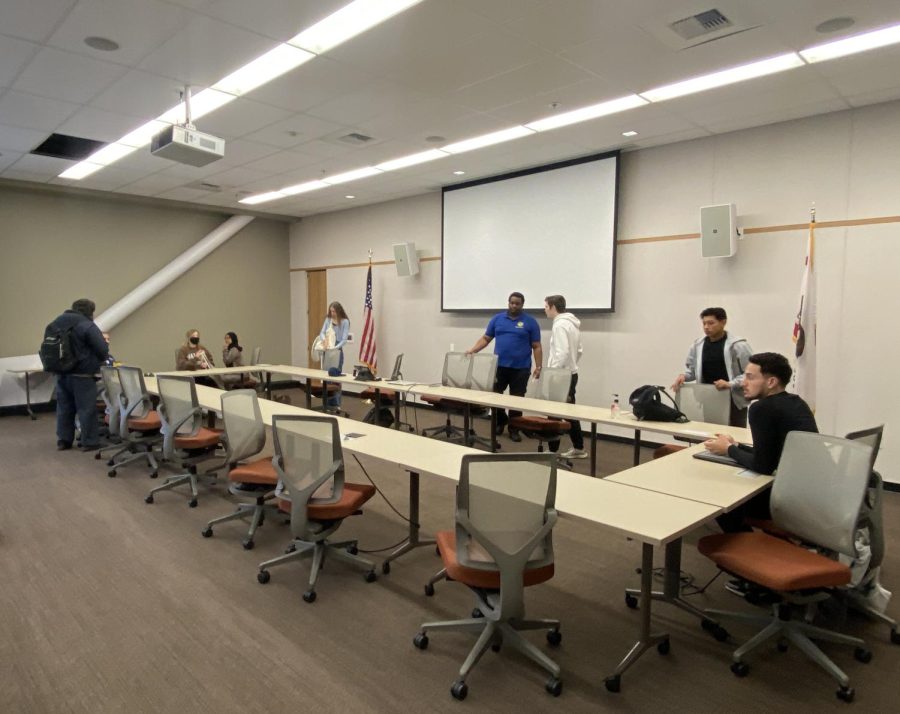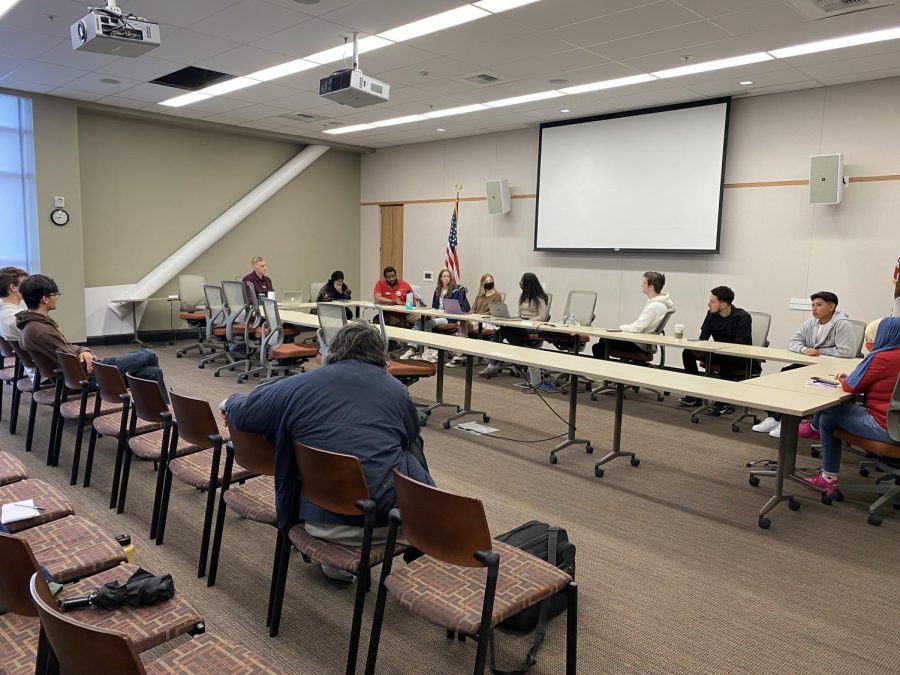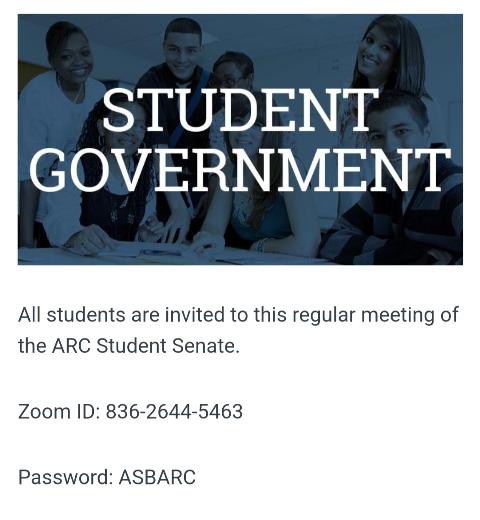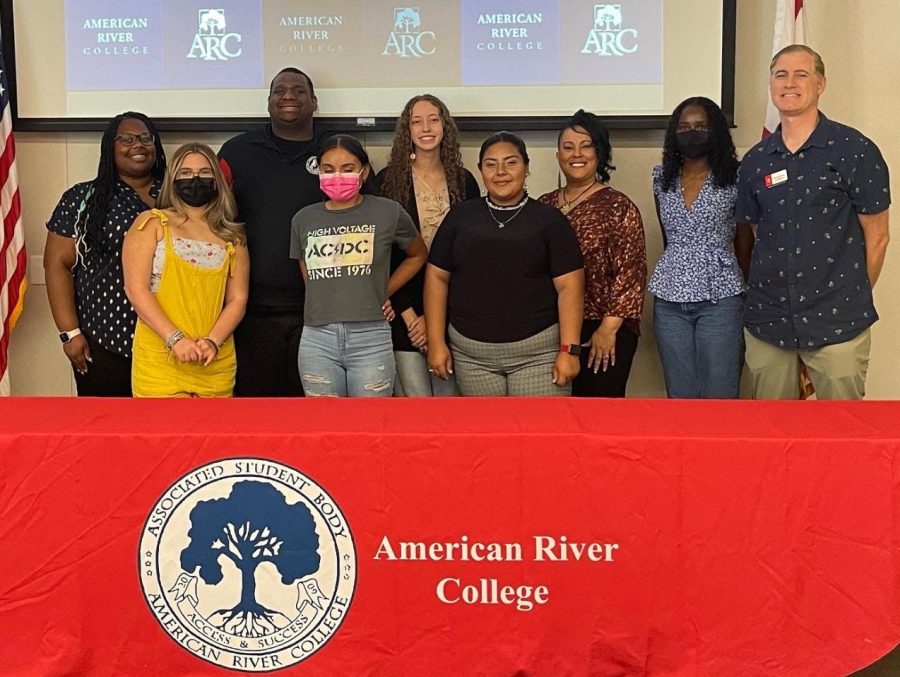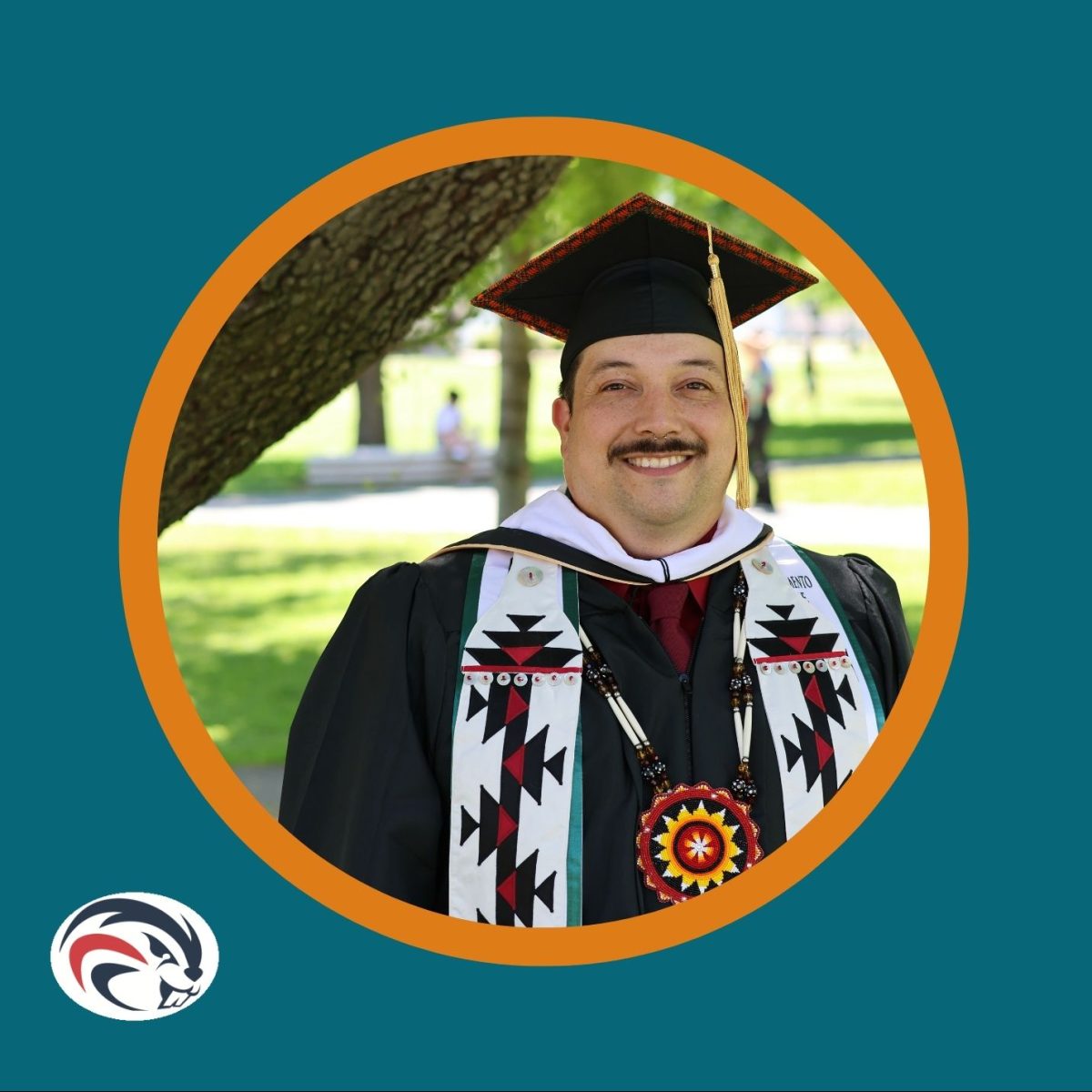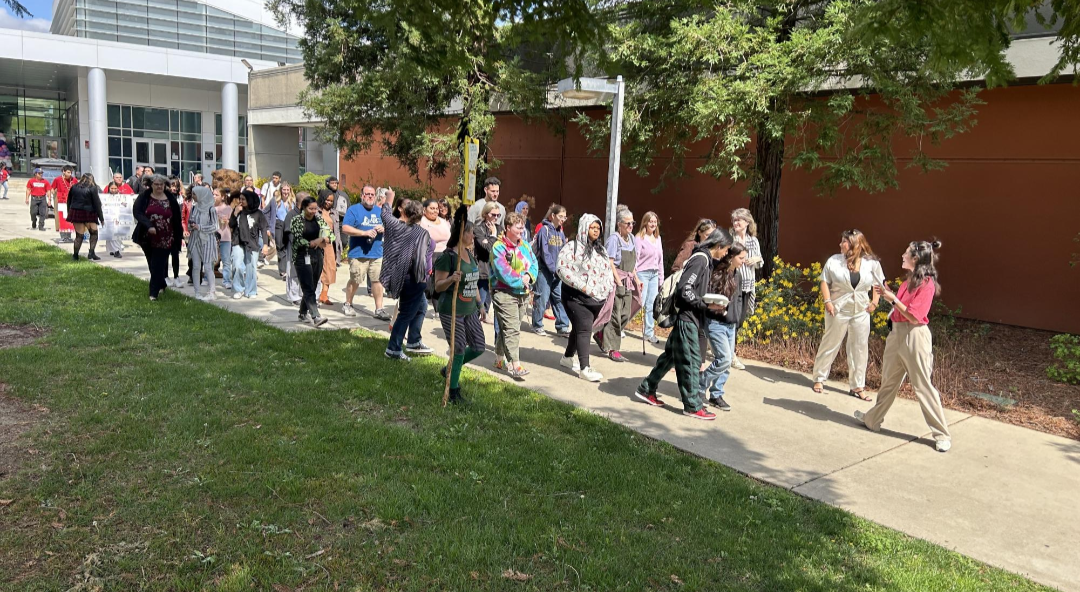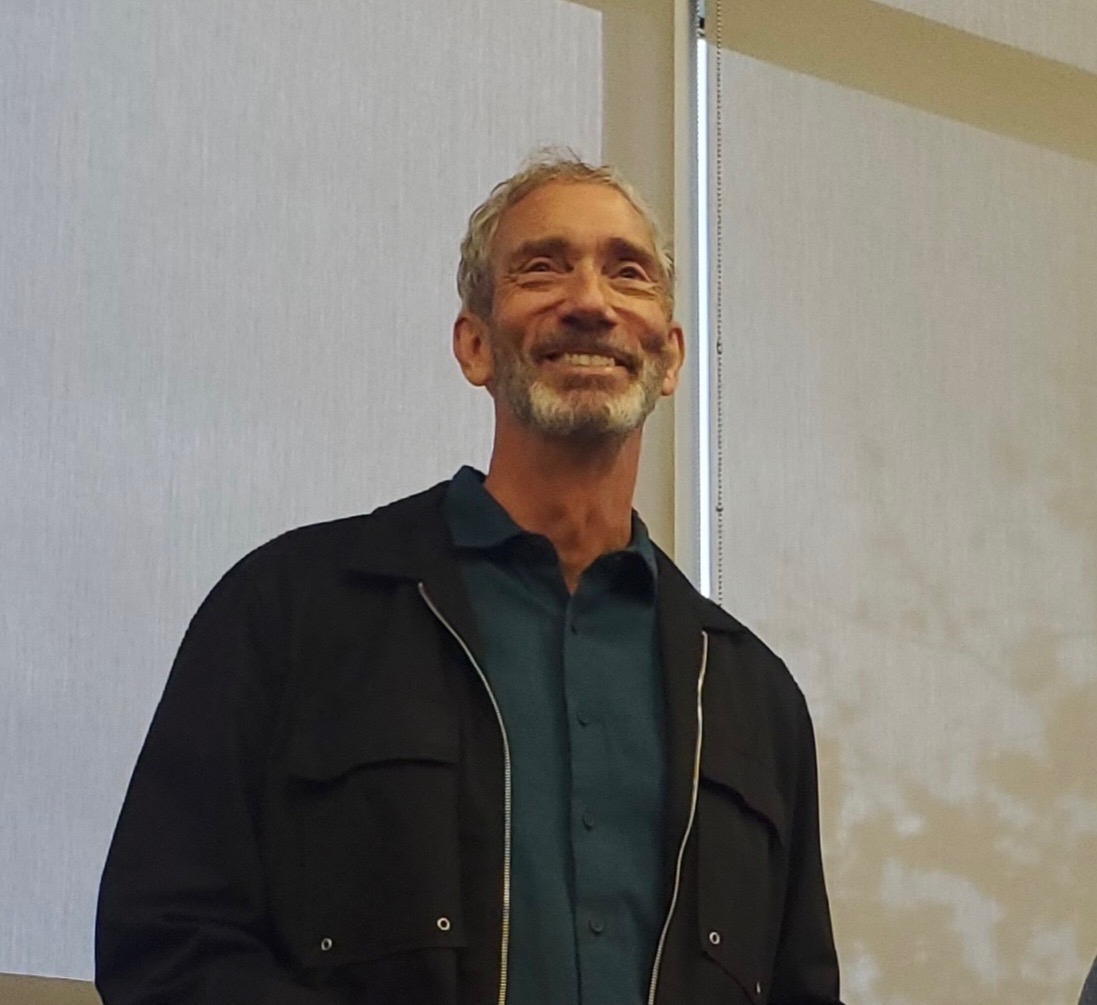American River College’s Student Senate vetoed a resolution that would allow senate members to receive a stipend during its meeting on Sept. 15.
After much discussion, senate resolution F23-R01 did not pass following a vote resulting in an 8-2 favor against the resolution. Maksim Yeremuk, senate whip, authored the resolution which would allow senate members to receive up to $600 a semester. Yeremuk highlighted how the resolution could potentially benefit the senate.
“[The resolution] also encourages executive positions that are currently empty to be filled,” Yeremuk said. “Now there’s an incentive beyond just the burden of responsibility, now you actually get compensated for that responsibility.”
One of the main topics and points of contention was that the Club and Events Board was left out of the resolution. Some senate members advocated for CAEB being compensated also.
“Why are they not getting paid the same as we would?,” William Robey, director of public affairs, asked.
Yeremuk says there’s a difference in the workload.
“I think the senate does more work,” Yeremuk said. “If CAEB wants to, I’m not going to vote against it, as for this resolution, this is purely for the senate.”
This comment drew a response from Kevin Hill, student senate president.
“I’m going to tell you right now that statement was very inflammatory, and I would avoid doing that in the future,” Hill said.
Robey said that the fact CAEB will not be getting compensated is an unfair part of the resolution.
“We’re saying that a senator should get paid, and the president of CAEB, who’s spending the exact same amount of time that we are, shouldn’t get paid,” Robey said. “I think that it needs to be amended [so] that CAEB gets paid as well.”
Yeremuk deliberated on the financial difficulties it would cause to include CAEB in the resolution.
“If everyone got paid in senate and CAEB, with the full amount we use currently, we would be in the negative every year,” Yeremuk said.
The senate also discussed the recent closure of Davies Hall. Hill said that when the closure occurred, he advocated for students to be relocated to physical classrooms instead of having to attend classes online. As of now, future plans are unknown.
“There’s talks of making a Portable Village Three,” Hill said. “It should go in staff parking, not student parking, because that’s where Portable Village Two went.”
Hill said he made sure to emphasize that students are the focus of the college and that they shouldn’t bear the brunt of this action.
“I am not putting students in jeopardy of anything because people wanted to wait on this issue for 10 years,” Hill said.
Senate members pointed out how the administration’s knowledge of the conditions of Davies Hall and their response to its closing was lacking.
“A professor mentioned this, and I completely agree, it’s kind of embarrassing that the administration didn’t have a plan in place about where classes should go in the event of this, they knew for 10 years it could crumble,” Yeremuk said. “They never once had a plan for where classes should go, until it happened and then they had to scramble.”
Hill said that his biggest issue is that the board of trustees has known the entire time, and that Davies Hall has been on their repair list.
“For 10 years they did not focus [on] students first,” Hill said. “This could’ve been fixed during summer; this could’ve been fixed during COVID.”
Senate members agreed that they should make their presence known at the board of trustees meeting and let them know how this event has affected students.
“A lot of people don’t check their emails, a lot of people walked up to Davies Hall and were hit in the face with a fence,” Robey said. “I just think that we all need to go there until we make our voices heard.”


